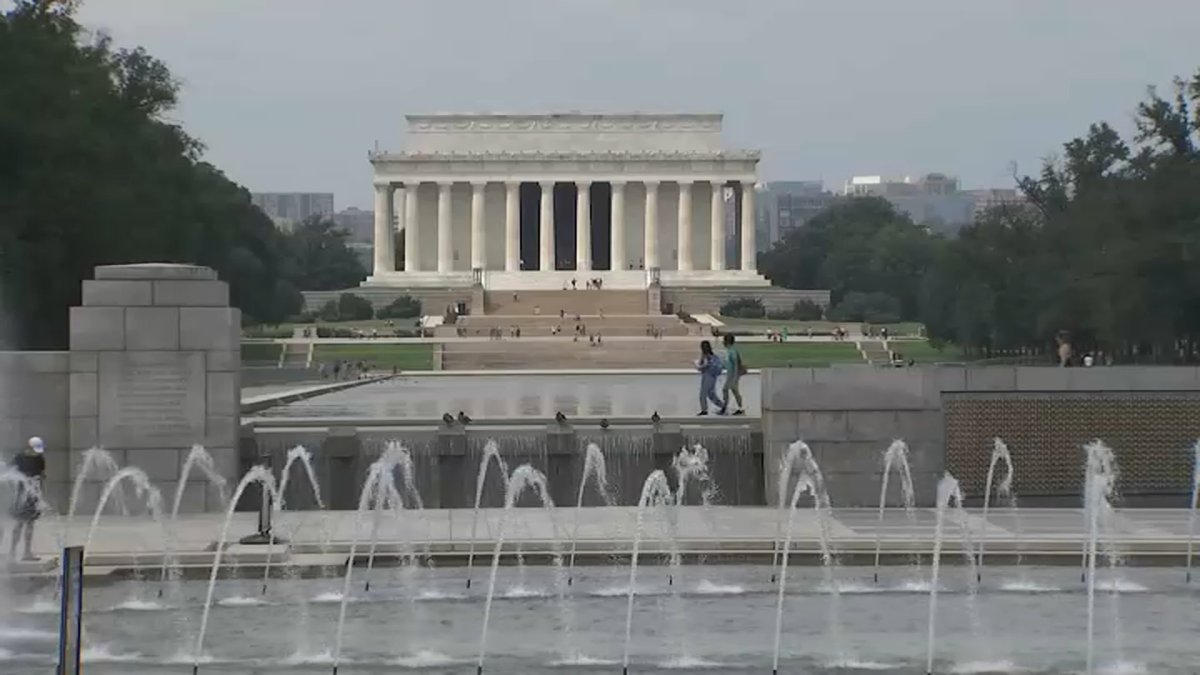
A new generation of leaders and change makers are preparing for Friday’s Commitment March on the National Mall. But organizing a big march during a pandemic provides an extra set of challenges. News4’s Cory Smith spoke to organizers and D.C. police about how they plan to keep everyone safe.
Fifty-seven years after the first March on Washington the stage is once again being set at the Lincoln Memorial.
Truckloads of barricades arrived on the mall Tuesday morning, where the National Action Network will commemorate the 1963 march.
Speakers will reflect on the more than half-century since Dr. Martin Luther King Jr.’s historic speech and what his dream looks like today.
The COVID-19 pandemic and social unrest over police brutality and voter suppression provide a much different backdrop compared to 2013, when the nation marked the 50th anniversary.
Even during a pandemic, National Action Network policy advisor Kyra Stephenson-Valley says the right time for this march is now.
“We knew that we needed to do something to both mobilize the vote, educate our voters,” she said.
Several families of people recently killed by police will be there to send that message to the country’s leaders.
Local
Washington, D.C., Maryland and Virginia local news, events and information
Everyone gets a mask if they don’t have one.
Temperatures will be checked at the entrance on 17th Street.
Volunteers will keep people socially distanced.
Buses from states on D.C.’s high risk for COVID list are prohibited, but those folks can still participate.
The march will be streamed online and on the NBC Washington app.
While U.S. Park Police will be the lead agency monitoring the event, the Metropolitan Police Department will be fully activated to provide support, ensure safety protocols are followed and monitor any counter protests.
“We have actually seen some stuff on social media indicating that there could potentially be counter protestors here,” Chief Peter Newsham said.
Stephenson-Valley says counter protesters won’t deter their march; there’s too much unfinished business left since 1963.